Join a vibrant community of neuroscience professionals in a special area of interest
ANPA's Special Interest Groups help our professionals develop educational and other scholarly activities by and for ANPA members and others interested in these topics; and to create networks of like-minded colleagues within our association. ANPA is a professional home to persons of all backgrounds and our SIGS offer a venue to connect with colleagues with shared interests. Check out our SIGs below!
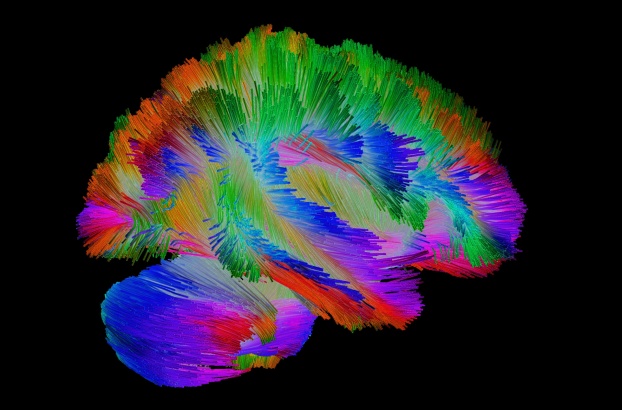
ANPA SIGs
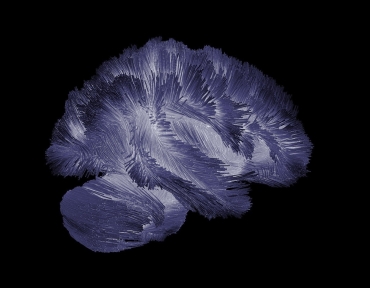
Catatonia
Catatonia, characterized in the seminal 1874 text by Karl Kahlbaum, remains a common and underrecognized condition affecting cognition, mobility, and other behaviors. The Catatonia SIG brings together clinical neuroscientists committed to furthering our understanding of the pathophysiology, phenomenology, and evidence – based treatment of this quintessential neuropsychiatric disorder. We aim to provide a space for networking and collaboration in the service of these goals.
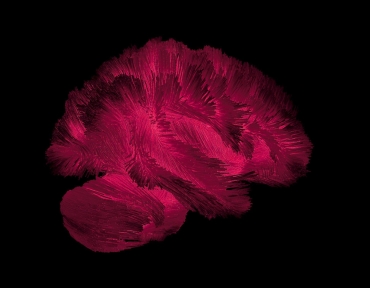
Dementia
The science and clinical management of cognitive disorders, spanning the entire spectrum of prodromal disease to mild cognitive impairment to dementia, continues to rapidly evolve. The Dementia SIG connects those with a keen interest in cutting-edge research, clinical innovations, scholarship, teaching and training, as the field works to address the public health crisis that is dementia.
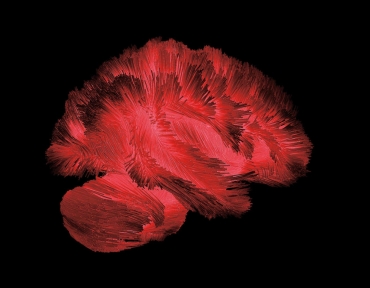
Early Career
To provide a forum for ANPA members to exchange information about navigating an early behavioral neurology/neuropsychiatry (BNNP) career, develop educational and other scholarly activities by and for ANPA members and others interested in nurturing the early BNNP career process, and to create a network of like-minded colleagues within our association.
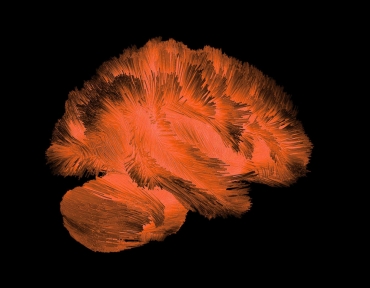
Epilepsy
Epilepsy is, at its core, a neuropsychiatric disorder leading to not only clinical seizures, but also higher rates of depression, anxiety, psychosis, and cognitive impairment. The Epilepsy SIG is a forum for professionals who are or would like to become involved in the scientific study of epilepsy, including discussions pertaining to the care and treatment of patients whose lives are impacted by epilepsy.
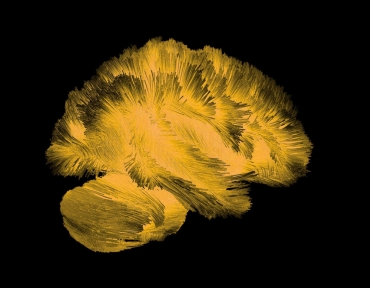
Forensic Neuropsychiatry
The intersection of neuropsychiatry and the law is an exciting and much needed area of expertise. With advances in our understanding of the neural constructs of human thought, emotion, and behavior, neuropsychiatry is perfectly poised to care for those living with brain disorders and are interfacing with the legal system, as well to contribute to matters of policy, forensic evaluations, and guideline development. The Forensic Neuropsychiatry SIG invites professional networking and information exchange for clinical neuroscience specialists who work in the subspecialty of forensic medicine and assessment.
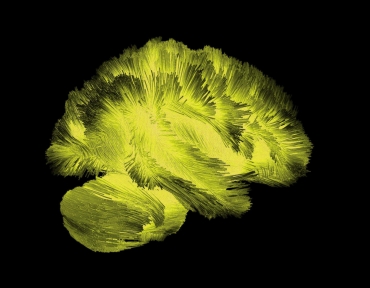
Functional Neurological Disorders
Functional Neurological Disorder (FND), is brain-based condition affecting cognition, emotion, perception, and sensorimotor systems, with the potential to be a disabling diagnosis for many who are impacted. A renaissance took place in the field in the early 21st Century, leading to substantial advances in the understanding of its neural correlates, associated risks factors, and effective treatments. The FND SIG invites members who are interested in mentorship, collaboration, networking, and scholarly projects relating to FND.
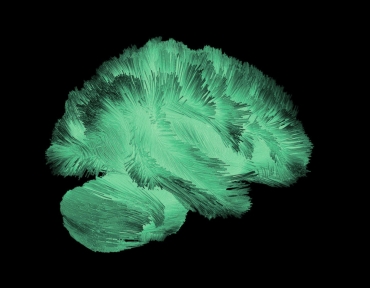
History of Neuropsychiatry
Neuropsychiatry has a rich and storied history, with chapters spanning ancient civilizations, Hippocrates, the Enlightenment, Galen, Broca, Geschwind, and several other pivotal eras and prolific giants within the field. The History of Neuropsychiatry SIG is a community of professionals interested in the past events and discoveries that helped establish the modern discipline of neuropsychiatry.
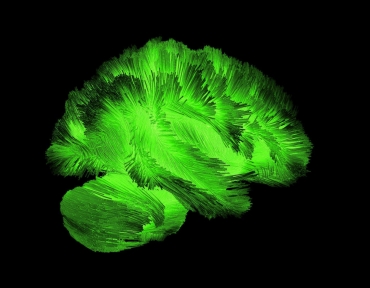
Long COVID
The impact of COVID-19 continues to be felt far after the early months of the pandemic. Long COVID, a common condition with the potential for cognitive fog, fatigue, persistent dyspnea, depression, anxiety, and malaise, plagues a substantial number of individuals in the months to years following acute infection. The Long COVID SIG is venue for clinical neuroscience professionals to exchange information, ideas, and the latest research on the effects of Long Covid on individuals, health care systems, and society at large.
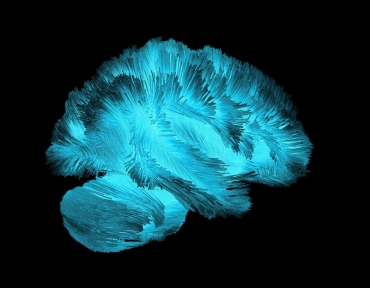
Neurodevelopmental and Pediatric Neuropsychiatry
Many neuropsychiatric disorders traverse the patient’s entire lifespan, underscoring the critical need for expertise in early life neurodevelopment. Pediatric neuropsychiatry is a quickly burgeoning field dedicated to the care of those living with neurodevelopmental disorders, neurogenetic syndromes, and the myriad of brain-based diagnoses impacting patients in their childhood and/or adolescence. In addition to championing innovations in multidisciplinary care, pediatric neuropsychiatry is leading the front in our understanding of the brain’s development throughout the early years of life. The Neurodevelopment and Pediatric Neuropsychiatry SIG is a home to those working within this area, or to those early career clinicians and trainees who wish to do so.
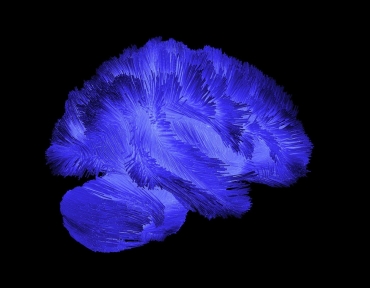
Neuroimaging
Beginning with the pneumoencephalogram, the field of neuroimaging has grown by leaps and bounds. Computed tomography (CT), structural and functional magnetic resonance imaging (MRI), positron emission tomography (PET), and other modalities have allowed us to peer into the inner workings of the brain as we reach for answers about brain-behavior mechanisms. The Neuroimaging SIG serves as a forum for clinical neuroscience professionals to communicate, connect, and collaborate with colleagues regarding best practices, clinical issues, and research in neuroimaging.
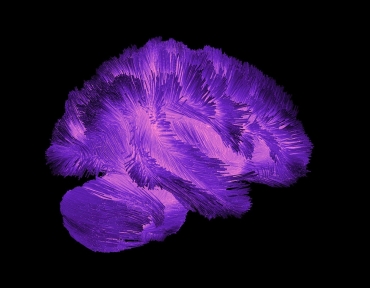
Neuromodulation
The field of neuropsychiatry was key to shifting our understanding of the brain’s organization to one of local and distributed networks. This paradigm shift paved the way to imagining modulation of such networks as a means to both realizing their function and alleviating the impact of circuit-based disorders. Electroconvulsive therapy (ECT), repetitive transcranial magnetic stimulation (rTMS), transcranial direct current stimulation (tDCS), and deep brain stimulation (DBS) have proved effective in targeting some of the most disabling and refractory neuropsychiatric conditions. The Neuromodulation SIG provides a platform for networking, shared learning, and scholarly collaboration for clinical neuroscience professionals and trainees.
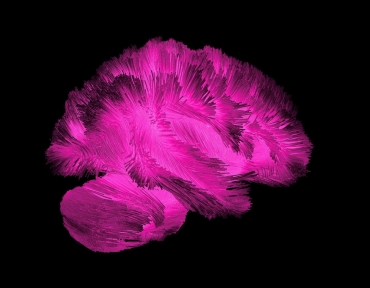
Sleep
Sleep related disorders are incredibly common within neuropsychiatric illnesses, including but not limited to REM Behavior Disorder as a harbinger of an underlying alpha-synucleinopathy, nocturnal seizures characteristic of many frontal lobe epilepsies, and dysregulation of natural circadian rhythms observed in delirium and many dementia syndromes. Disturbances in sleep can be key to understanding an associated diagnosis such as those mentioned above, or may be the driving primary factor for other distressing symptoms, e.g. mood disturbances and impaired concentration. The Sleep SIG provides a networking platform for ANPA members with shared interests in sleep neuropsychiatry. This SIG fosters information sharing and collaboration on scholarly and educational activities in the field of sleep medicine.
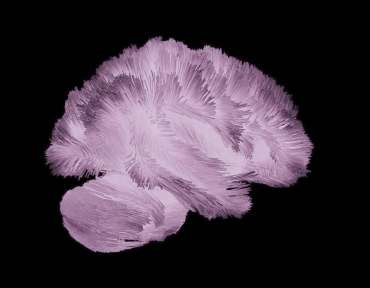
Traumatic Brain Injury
Traumatic Brain Injuries (TBIs) are heterogenous in their pathoetiology and resultant clinical sequalae. Trauma can impair the function of focal or distributed networks, result in inflammatory cascades within the brain, and lead to protracted challenges with cognition, emotion regulation, and/or behavior for many patients. There remains an urgent need for research and clinical innovations as TBI contributes to considerable morbidity in both military and civilian populations. The TBI SIG creates a professional networking and information exchange for clinical neuroscience specialists who work with persons with TBI, their families, and the systems serving them.

